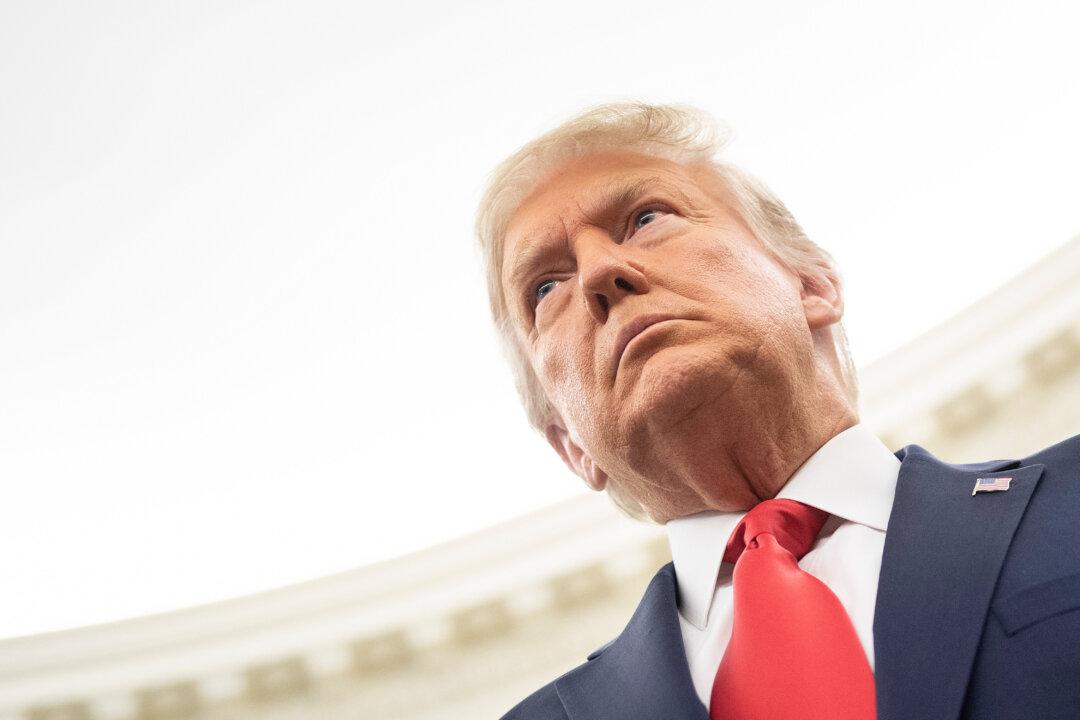President Donald Trump on Thursday thanked the U.S. representative who is working to challenge the Electoral College votes during a joint session of Congress early next year.
“Thank you to Representative Mo Brooks!” Trump wrote in a tweet.


President Donald Trump on Thursday thanked the U.S. representative who is working to challenge the Electoral College votes during a joint session of Congress early next year.
“Thank you to Representative Mo Brooks!” Trump wrote in a tweet.